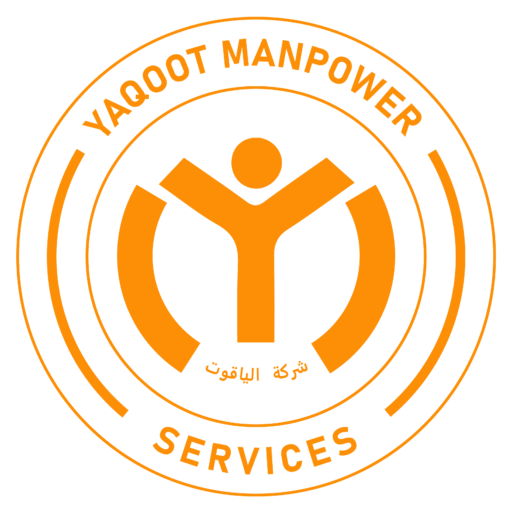According to the Kuwait Times, Sheikh Talal Al-Khaled Al-Sabah, Kuwait’s First Deputy Prime Minister, and Interior Minister, has directed authorities to start steps to open up recruitment of expat employees from new nations.
To address labor shortages in particular industries and diversify labor sources, workers must come from countries other than those with significant communities in Kuwait.
The directives include cooperating with the foreign ministry to establish memorandums of understanding with additional labor-exporting countries, according to the Public Authority of Manpower (PAM).
The state is taking action to satisfy the demands of the labor market and fix the “demographic imbalance problem,” according to the study.
According to sources, the ministry is now receiving new batches of Indian, Bangladeshi, and Filipino nurses in order to place them in health centers that will be constructed in new locations, as well as to replace any shortages in existing hospitals and centers.
These reforms are intended to reduce the strain on the healthcare system brought on by the current COVID-19 outbreak.
In addition to helping with the country’s high unemployment rate, this change should also help with labor shortages in important industries.





